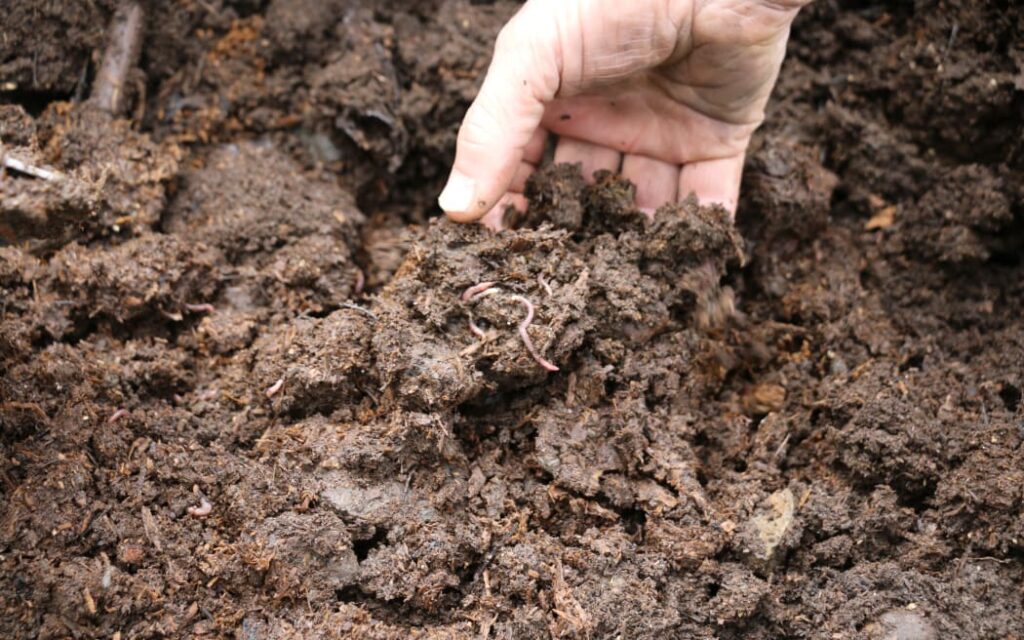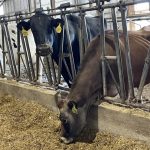
Revolutionary anaerobic composting transforms agricultural by-products into super-fertilizer, boosting soil and stock health.
Farmers across New Zealand are increasingly embracing Bokashi, an innovative Japanese anaerobic composting system that promises to revolutionize waste management by converting diverse organic materials into highly effective natural fertilizer. This sustainable approach is gaining traction, exemplified by the successful implementation on a North Canterbury sheep and dairy grazing farm, where owner Tim Hawke and leaseholder Murray Weaver are reaping significant benefits. For the broader agribusiness sector, Bokashi offers a compelling model for resource efficiency.
Hawke and Weaver have discovered that Bokashi provides a remarkably cost-effective “soil superfood,” delivering superior benefits compared to traditional solid fertilizers at a comparable price point. Last year alone, their farm produced an impressive 120 tonnes of Bokashi. This substantial volume was created using readily available agricultural by-products such as chicken manure, pig manure, sawdust, and even milk powder sweepings, which notably enrich the mix with vital nitrogen and protein for the fermenting microorganisms.
The transformative impact of Bokashi on their land has been evident. The farmers have observed dramatically improved pasture growth and significantly healthier livestock on the approximately 40 hectares where the Bokashi was applied. A crucial long-term benefit is the enhanced drought resilience of the land, attributed to the development of deeper grass roots, which improves water retention and overall soil health. This has positive implications for dairy economics and farm sustainability.
Maintaining the integrity of their Bokashi production, Hawke and Weaver are meticulous about sourcing their raw materials, strictly avoiding contaminants like residential lawn clippings due to potential herbicide residues. The anaerobic fermentation process, central to Bokashi, is highly efficient, resulting in virtually no material loss during conversion. The finished product is a rich, chocolate-brown, soil-like substance teeming with beneficial worms, indicative of its vibrant microbial activity.
Initially, local farmers expressed skepticism about this novel approach. However, the tangible results, such as Hawke’s significantly increased ewe scanning percentage, have provided compelling scientific evidence of the benefits derived from the Effective Microorganisms (EM) integral to the Bokashi process. This success story showcases the potential for sustainable waste valorization to drive tangible improvements in farm productivity and environmental stewardship within the dairy industry and beyond.
Source: Farmers Weekly: Farmers bitten by the Bokashi bug turn waste into natural fertiliser
You can now read the most important #news on #eDairyNews #Whatsapp channels!!!
🇺🇸 eDairy News INGLÊS: https://whatsapp.com/channel/0029VaKsjzGDTkJyIN6hcP1K




















